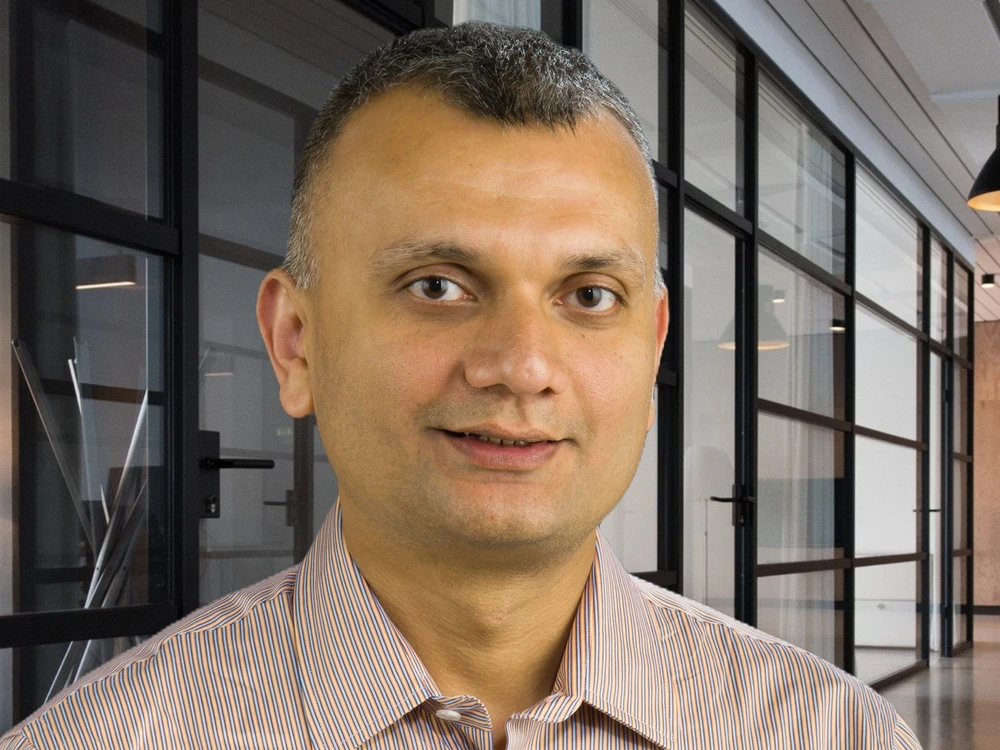
Dr. Anuj K. Yadav, a research associate in Prof. Jefferson Chan’s research group at Illinois, has received the 2023 Anuj Khandelwal Memorial Travel Award.
The Anuj Khandelwal Memorial Fund was established in 2019 in memory of Anuj Khandelwal, who was a postdoctoral researcher in the lab of chemistry Prof. Martin Burke from 2016 until Khandelwal's tragic passing in 2017. Created by his friends and family, the fund supports the Anuj Khandelwal Memorial Travel Award, which provides conference travel funding for postdoctoral researchers in the Department of Chemistry.
Yadav will be using the award for traveling to present on research exploring the potential of bioluminescence resonance energy transfer in the imaging of deep tissue.
Yadav said this research has led to the development of a new bioluminescent substrate that operates in the short-wave infrared (SWIR) spectrum. By integrating unique properties of certain bioluminescent components and leveraging resonance energy transfer mechanisms, the emitted SWIR light shows promising properties for deep tissue imaging. Preliminary in vitro evaluations indicate that the SWIR signal can overcome common biological interferences.
“Notably, our tests have demonstrated its efficacy in penetrating ex vivo tissue samples, suggesting its utility for in-depth studies of complex biological environments,” said Yadav, who has been a research associate in the Chan Lab for about six years, working on research in addition to training graduate and undergraduate students, writing and presenting research papers and coming up with research ideas.
Yadav grew up in India, and prior to coming to Illinois, he earned his BSc (Honors) in chemistry followed by an M.Sc. in chemistry then his PhD in synthetic organic chemistry the National Chemical Laboratory in India. Then, he was a postdoctoral researcher at Simon Fraser University in Canada followed by a stint in a startup company as Chief Technology Officer (CTO).
“After spending a short time in the startup company, I realized that academia is my primary interest as it provides freedom to ask and work on challenging problems. Moreover, I love to train new students. Lastly, I wanted to learn newer techniques in chemical biology and to utilize my expertise in organic synthesis in developing chemical tools and theranostics to understand, diagnose and cure diseases, especially cancer,” Yadav said.
His future career aspirations, he said, are to start his own research group, train students and then ask and try to answer some of the basic questions related to health and diseases.